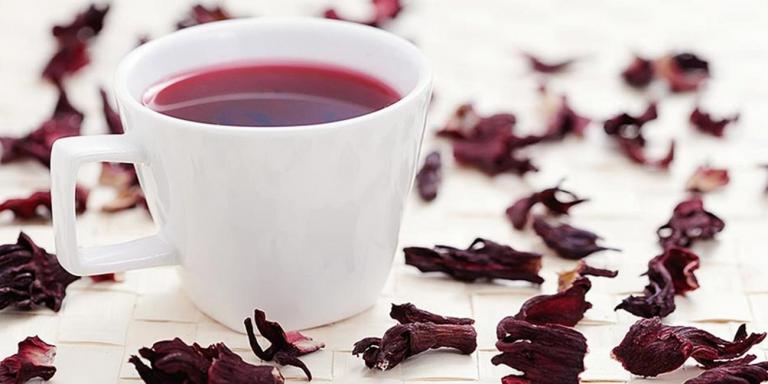For some of us, once the temps drop a few degrees we turn to herbal teas to sip throughout the day. Others of us may need a nudge to imbibe these health-promoting, warming beverages. Here are five plants that make a delicious cup of tea on their own or when blended with other herbs. You can easily find them in the boxed tea section at your local natural products store. Don’t forget to opt for organic, even with teas.
Dandelion tea is a great one to have on tap around the holidays when rich foods and alcohol are often in full swing. Dandelion leaves promote healthy liver and gallbladder function, both essential to the body’s detoxification process. This herb is also an excellent diuretic.
Mint contains oils that are responsible for its digestion benefits. Sipping a hot cup of mint tea can be energizing and help clear headaches and your sinuses. A warm cup of mint tea that isn’t too strong is a nice treat for kids, especially when they complain of a tummyache.
Ginger is the ultimate warming tea for wintertime. The spicy root can help promote circulation and digestion. Try sipping a cup of ginger tea after a meal or on those days when you just can’t seem to get warm. Ginger can also help open up stuffy airways, so it’s a good one to keep close by if you have a cold.
Nettle has been used for thousands of years for its myriad health benefits. Some claim it helps ease congestion, while others use it as a purifier. Science tells us it contains a flavonoid called quercetin, which is promoted as an anti-inflammatory. While some may not like its pungent flavor, others love it and even crave it.
Hibiscus is packed with vitamin C, making it a good choice to sip during the cold and flu season. Studies also demonstrate it may lower blood pressure. The fruity flavor of hibiscus often appeals to children, making this a good go-to for kids. Try adding honey to a steaming cup of hibiscus for an afternoon treat or to soothe a sore throat.

